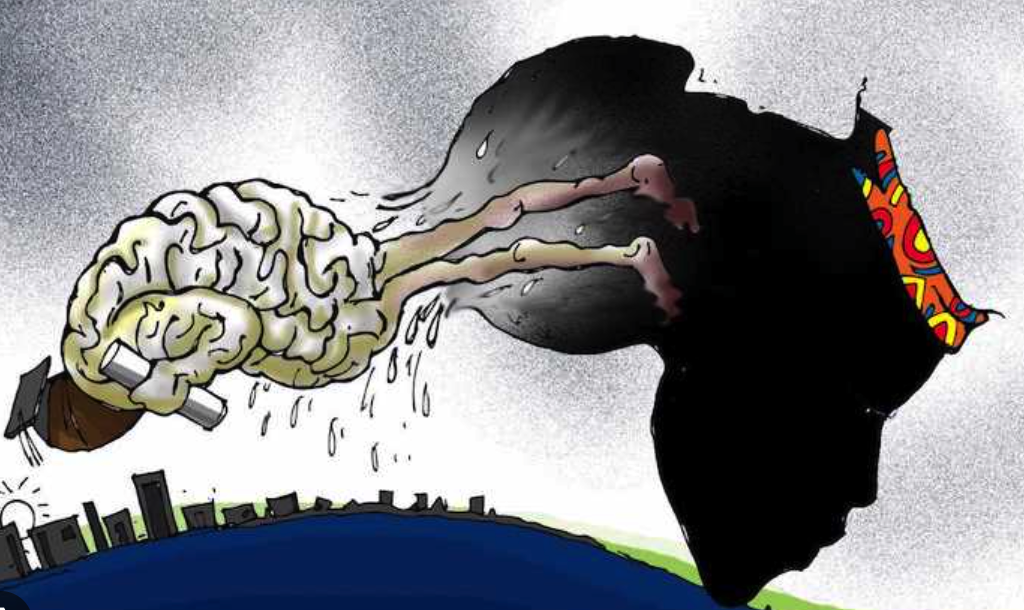Africa's Brain Drain
Africa's brain drain, the displacement of skilled workers from the continent, has a major impact on the development of the region. Although brain drain has many effects on African countries, the focus of this article is to identify the countries that benefit most from this phenomenon. By analyzing various factors and potential contributors, this analysis aims to uncover the countries that have benefited most from the African brain drain and show why, as a first of its kind.
- Brain Drain Description
Brain Drain is the migration of professionals, including doctors, engineers, scientists, and academics, from one country to another. Many of these people are looking for better ways to contribute to the growth and development of the host country through their skills and knowledge. The departure of these talented people can negatively affect the countries they come from, disrupting their economies and businesses.
- Beneficiaries: Developing countries
In the African brain drain context, developing countries, especially European and North American countries, benefit most. These countries have good schools and facilities that can attract and accommodate professionals, offering them better opportunities, higher salaries and better living conditions.
- Benefits for developing countries
Developing countries have benefited in many ways from the African brain drain. First, they have a pool of experts who contribute their business knowledge. These skilled workers make a difference in the labor market, foster innovation and support economic growth. Second, the influx of immigrants has the potential to foster culture and create a greater sense of unity. Third, remittances from these skilled immigrants often contribute to the host country's economy and add value to developing countries.
- Reasons for attraction
There are many factors that make developing countries attractive to African professionals. Key factors include better jobs, higher wages, better education and research facilities, technology, security and rising living standards. Developing countries are investing heavily in research and development to create an environment that supports talent and fosters innovation. In addition, effective immigration policies and simplified work permit and residence procedures make it easier for skilled workers to live in these countries.
- Impact on Africa
The consequences of the African brain drain are very diverse. First, it causes a shortage of professionals in key sectors such as health and education, which hinders the country's development. The loss of skilled labor also reduces local innovation capacity and slows technological progress. In addition, the brain causes a negative development cycle because leaving skilled workers undermines the region's ability to develop and maintain important processes.
In the African brain drain context, developing countries are the main beneficiaries as they can attract professionals. The lure of better opportunities, higher wages, and innovation drove African talents away from their homeland. Just as it has solved the problems arising from the African nervous system, it is necessary to work together to solve the following problems and create an environment conducive to growth and potential on the continent.
Additional Sources of Info
Firsing, S. (2016). How severe is Africa’s brain drain?. Africa at LSE.
Benedict, S. O. H., & Ukpere, W. I. (2013). Brain drain and African development: Any possible gain from the drain?.




Comments
Post a Comment